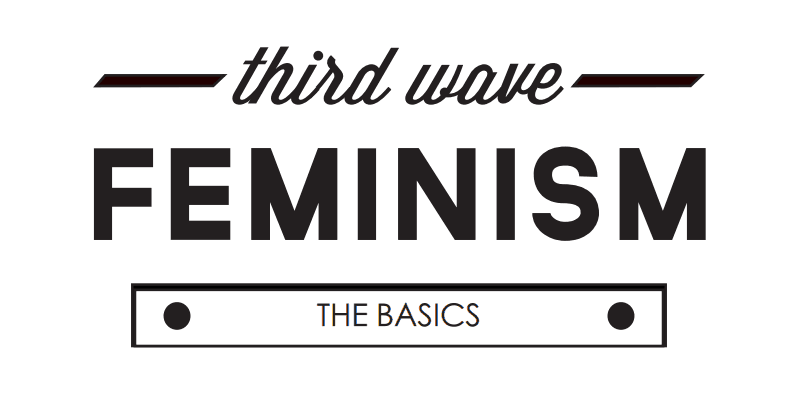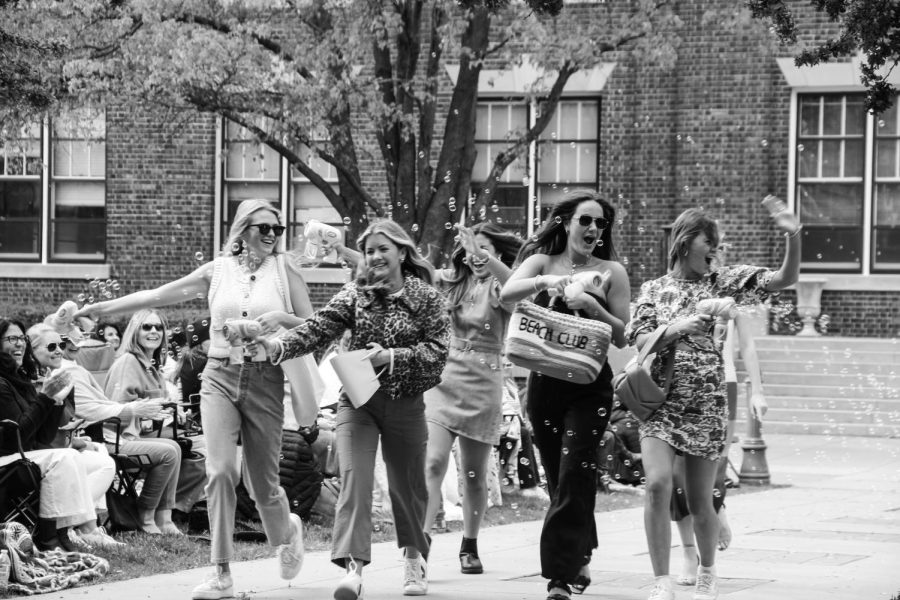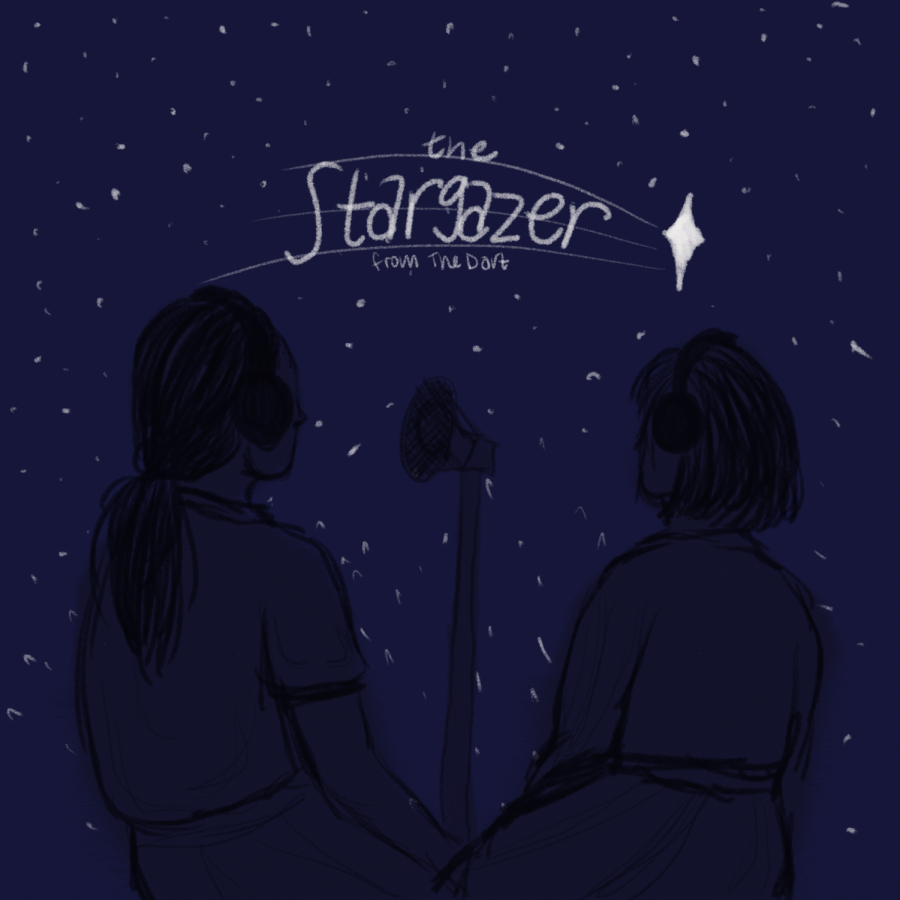by Anna Leach
We are sisters. We stand together. We make up one big family though we don’t look the same.
(Okay, that’s from “The Cheetah Girls,” but stay with me here)
but really
That’s basically what third wave (a generation’s manifestation of a movement) feminism is all about.
The heart of the movement is respect for our fellow woman, which includes acknowledging her beliefs, choices, and methods of self-expression and identification (as long as it isn’t harmful to her or others).
This translates to the goal of being completely inclusive, embracing all races, ethnicities, gender expressions, sexual orientations, economic backgrounds, religions and more.
The global highway that is the internet has helped this third wave learn and be a part of other broad-scale social discussions. As feminism begins to fully realize intersectionality (the way prejudices such as racism, sexism, heterosexism, classism, etc. overlap), it’s potential to be a more open movement and consist of more tolerant and educated population grows.
“I love you” applies to you
However, that’s not to say everything is perfect all the time. Feminists must stand in solidarity with each other, work together against social, economic, and cultural inequality on every level. Even if you have not felt as if you have been discriminated against on a personal level, it’s important to be cognizant of the constructs which form unrealistic expectations of women on physical, mental, and emotional levels.
When we support other women, we support ourselves. It’s something that can be hard to remember sometimes. Women are socialized to self-objectify, or view themselves as an object. This leads to viewing other women as objects, resulting in women bashing other women for how they dress or generally express themselves.
The culture of women bashing other woman needs to end. Because self-discovery and freedom of self expression is incredibly be difficult, if not impossible, while we tear each other down, criticizing whatever doesn’t meet the social “norm,” making men the arbiters of our appearances, and perpetuating stereotypes about girls who do “certain things”or act a “certain way.”
“We need to learn how to love, how to look at another girl and treat her as an ally rather than a competitor.”– Ivy Vance
where we and our ideologies fit
One of the biggest social challenges to feminism is the misconception there’s no place for feminism anymore, especially in the western world where women have attained certain rights such as the ability to vote and legally hold certain jobs; it’s the claim gender equality has already been achieved and any more movement is exaggeration or complaining.
The first (late 19th and 20th centuries) and second waves (1960s-1990s) of feminism covered a lot of ground which gave us the freedoms we do have today.
Third wave started around the 1990s with this idea of “universal womanhood,” which differed from some of the ideas that founded and have been associated with previous the previous waves. One of the most disputed concepts being men-hating, no-leg-shaving, bra-burning women are the only feminists or this kind of expression is the only right way to be feminist. If any of those above are your thing, run with it. If not? Feel empowered to do whatever that is.
so in review
Third wave feminism is a fancy way of saying the things you have been taught before. There are no exceptions, stipulations, boundaries on what you want to do with your life. Provided t’s not destructive to you or others, there’s no reason not to just go for it.
Regardless of whether it’s a choice we would make for ourselves, it’s vital we honor and listen to the decisions of others, especially those that we may not completely understand. As a united front, we as women can be each other’s best support system, can form the ultimate sisterhood, and can stop letting society and ignorance try to constrain us.
Don’t let anyone else tell you anything differently.
It’s not being selfish or “pushy”; it’s our right as human beings to be ourselves – flaws, strengths, insecurities, beauty, brilliance, and all.
“All must be friends, all must be loved, all must be held dear, all must be helped” – St. Teresa of Avila










